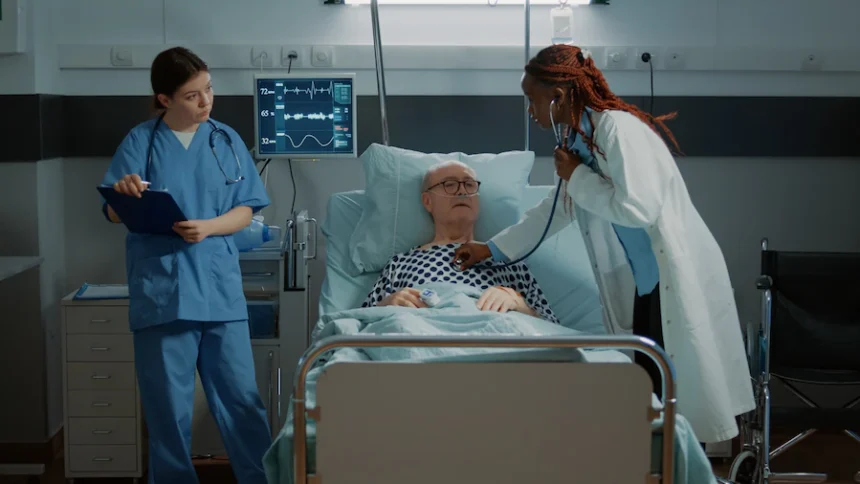Selecting a critical care specialist is a crucial decision for individuals who require intensive care and monitoring for life-threatening conditions. Critical care specialists, also known as intensivists, are specialized physicians trained in managing critically ill patients. When choosing a critical care specialist in South Africa, consider the following ten factors to ensure the highest quality of care and optimal outcomes.
- Board Certification and Credentials: Ensure that the critical care specialist is board-certified and possesses the necessary credentials. Look for qualifications such as specialized training in critical care medicine, membership in professional organizations, and participation in continuing medical education. Board certification and credentials demonstrate the specialist’s expertise and commitment to delivering the highest standards of care.
- Experience and Expertise: Consider the critical care specialist’s experience in managing a wide range of critical illnesses and emergencies. Evaluate their expertise in handling complex conditions, such as respiratory failure, sepsis, cardiac emergencies, and multi-system organ dysfunction. An experienced specialist will have a deep understanding of critical care principles and be skilled in making timely and informed decisions.
- Multidisciplinary Team: Critical care management often involves a multidisciplinary team approach. Assess whether the specialist works collaboratively with other healthcare professionals, such as nurses, respiratory therapists, pharmacists, and consultants from various specialties. A cohesive team ensures comprehensive and coordinated care, leading to improved patient outcomes.
- Hospital Affiliations and Facilities: Evaluate the critical care specialist’s hospital affiliations and the quality of the intensive care units (ICUs) where they practice. Look for hospitals with well-equipped ICUs, advanced monitoring systems, and a dedicated team of critical care nurses and support staff. State-of-the-art facilities enhance the specialist’s ability to deliver optimal care in critical situations.
- Availability and Accessibility: Critical care emergencies can occur at any time, requiring prompt intervention. Consider the specialist’s availability and accessibility, particularly in emergency situations. Inquire about their response time, availability for consultations, and ability to provide continuous care throughout the critical illness.
- Communication and Empathy: Effective communication is vital in critical care settings. Choose a specialist who demonstrates clear and compassionate communication skills. They should be able to explain complex medical information in a manner that patients and their families can understand. A compassionate and empathetic approach helps alleviate anxiety and fosters a trusting relationship.
- Evidence-Based Practice: Ensure that the critical care specialist follows evidence-based guidelines and practices. Keeping up-to-date with the latest research and incorporating evidence-based medicine into their practice ensures that patients receive the most current and effective treatments available.
- Quality Metrics and Outcomes: Inquire about quality metrics and outcomes of the critical care specialist’s practice. Assess parameters such as mortality rates, complication rates, and patient satisfaction scores. Transparent reporting of outcomes reflects the specialist’s commitment to continuous quality improvement and patient-centered care.
- Continuity of Care: Consider the critical care specialist’s approach to continuity of care. They should work closely with primary care physicians and specialists involved in the patient’s care to ensure a smooth transition from the critical care setting to ongoing management. Effective communication and collaboration facilitate a comprehensive and holistic approach to patient care.
- Reputation and Recommendations: Seek recommendations from trusted sources, including primary care physicians, specialists, and previous patients who have experienced critical care treatment. Consider the specialist’s reputation within the medical community and their track record of delivering high-quality care and positive outcomes.
Choosing the right critical care specialist in South Africa is essential for individuals who require intensive care management. By considering factors such as board certification, experience, expertise, multidisciplinary collaboration, hospital affiliations, communication skills, evidence-based practice, quality metrics, continuity of care, and recommendations, you can find a critical care specialist who will provide exceptional care, support, and the best possible outcomes for critically ill patients.










